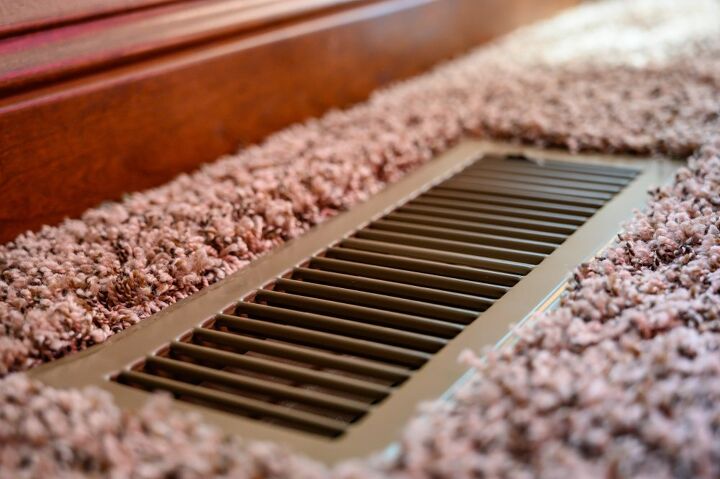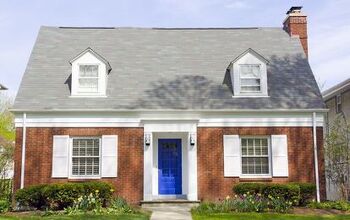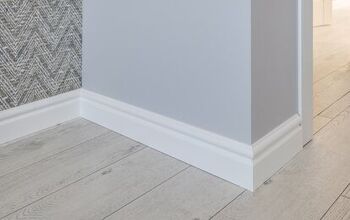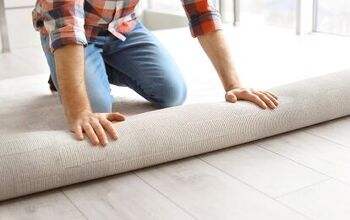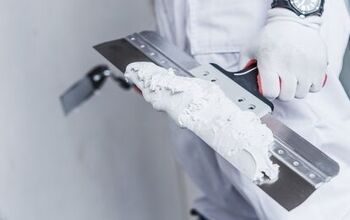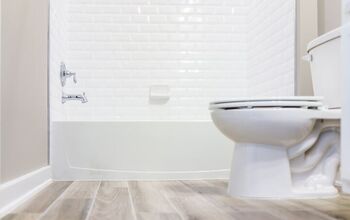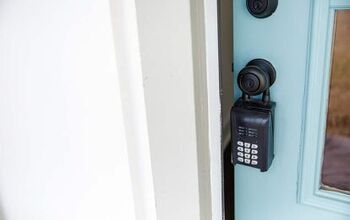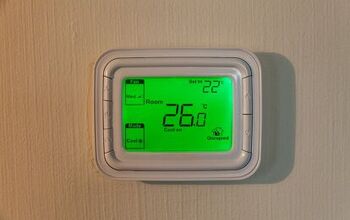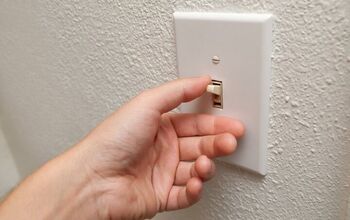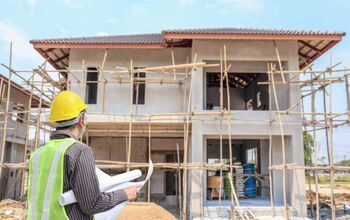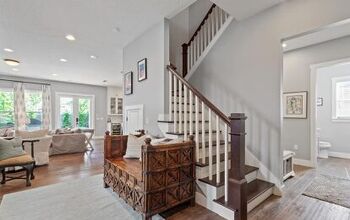Can You Put Furniture Over Floor Vents? (Find Out Now!)

Your new house has everything you want. As you move in, you find it has some things that you didn’t anticipate. One thing that can complicate your decorating is floor vents for your heating and cooling system. As you begin to place furniture in your new home, you begin to wonder if you can put furniture over a floor vent?
In general, you should avoid putting furniture over floor vents. Covering floor vents with furniture can disrupt the flow of air through your home and your HVAC system. In some cases, furniture may completely block the flow of air from a vent. This can put extra stress on your HVAC system leading to higher operating costs and mechanical problems.
Floor vents can limit your decoring ideas. Placing furniture without blocking a vent can be a challenge in some homes. You can cause several problems in your home and with your furniture by covering floor vents. You should consider these factors as you place furniture in places that may hinder the airflow from air vents.
Do You Need a Heating and Cooling Contractor?
Get free, zero-commitment quotes from pro contractors near you.

What Can Happen if I Place Furniture Over a Floor Vent?
Coving a floor vent with furniture may have several detrimental effects you should consider. You may cause mechanical problems with your HVAC system. Your utility bills may go up, and your home may not be as comfortable as you like. In addition, exposure to the hot and cold air directly from the vent may damage your expensive furniture.
You should consider the ramifications of placing furniture over a floor vent in your home.
You may Alter the Airflow in Your Home
Blocking air vents with furniture changes the airflow scheme in your home. HVAC systems depend on a balanced airflow into each room and then back to the HVAC system. If you block the airflow in this balanced air management system, several unwanted things may occur.
- Your HVAC system works harder trying to heat and cool your home.
- The efficiency of your HVAC system goes down without a balanced airflow system
- Your home may heat and cool unevenly
Changing the airflow in your home can create many unwanted problems. You should avoid blocking vents or changing the vent settings without consulting a trained HVAC technician. In any event, it is a good idea to have an HVAC technician balance the airflow in your home regularly to ensure your HVAC system operates at its highest efficiency.
Uneven Heating and Cooling
The room with the blocked vent may not heat and cool like it should, creating a space in your home that stays cold or hot no matter how much you run the HVAC system. Running the HVAC system trying to cool and heat these areas can raise your overall utility bills.
Excess Wear and Tear on your HVAC System
Your HVAC system may work harder trying to move air through the duct system in your home. Overworking the system trying to compensate for the blocked vent can reduce the expected life of the HVAC system and result in higher maintenance bills.
Your Comfort May Suffer
Your home may not be as comfortable as it could be. If you alter the airflow in your home by blocking a vent, comfort may suffer. The area of your home with the blocked vent may not cool or heat as it should, affecting the other parts of your house.
Your Expensive Furniture Can Be Affected
Exposing your expensive furniture too close to the hot and cold air coming from a floor vent can cause damage. The air coming directly from a floor vent can be very dry. Direct contact with this dry air can cause the wood frames in your fine furniture to lose moisture. This moisture loss causes the wood in the furniture to shrink, loosening points and causing the wood to split.
If you live in a moist climate, cooling your furniture too much by exposing it to air directly from a floor vent can cause condensation. Moisture that condenses on the furniture can promote mold and mildew growth. Imagine the damage to a couch or chair placed over a vent with mold and mildew growth from the inside.
The direct action of both hot and cold air on the finish of your fine furniture can be detrimental as well. Hot or cold air can cause furniture finishes to discolor, bubble, or peel.
Can I Use a Vent Diverter under a chair or Sofa?
You can purchase plastic vent diverters that fit over your floor vents. These diverters generally just turn the airflow to the wide side of the vent. These may work under some circumstances but almost always change the airflow from the vent. Consider these factors in trying to use a vent diverter under furniture.
The style of the furniture can affect whether a vent diverter will work. Couches must be on legs high enough to clear the diverter. The couch should not have a dust ruffle or be covered so that the airflow under the couch is impeded.
The same advice applies to bedding. If you place a bed over a floor ent and use a diverter, the bed must be raised up high enough to clear the diverter and allow adequate airflow. You cannot use a dust ruffle around the base of the bed.
Consult with a Professional for Better Advice
As a last resort, you can always call on a professional HVAC technician for advice. A trained HVAC technician can analyze the airflow of your HVAC system. After this analysis, the technician can make recommendations about re-balancing the airflow in your home. It may be possible to cover or close a vent that hinders your decorating plans.
Never undertake this type of fix without the help of someone trained in HVAC airflow management. These adjustments require specialized training and equipment to measure the airflow at different places in your home.
Do You Need a Heating and Cooling Contractor?
Get free, zero-commitment quotes from pro contractors near you.

Floor Vents and Home Deco – Not totally at Odds
You shouldn’t let the location of floor vents make decorating your home a frustrating experience. A little ingenuity and some outside-the-box thinking can have your home looking smart and attractive. Just remember that covering air vents indiscriminately is never a good idea for the health of your HVAC system and the comfort of your home.

Dennis is a retired firefighter with an extensive background in construction, home improvement, and remodeling. He worked in the trades part-time while serving as an active firefighter. On his retirement, he started a remodeling and home repair business, which he ran for several years.
More by Dennis Howard



